Ensuring the mission of archives as “the memory of the nation” - preserving and promoting past information - while ensuring freedom of business in this field, promoting the socialization of archives, and serving all legitimate needs of the people are the requirements set by the National Assembly for the draft Law on Archives (draft).
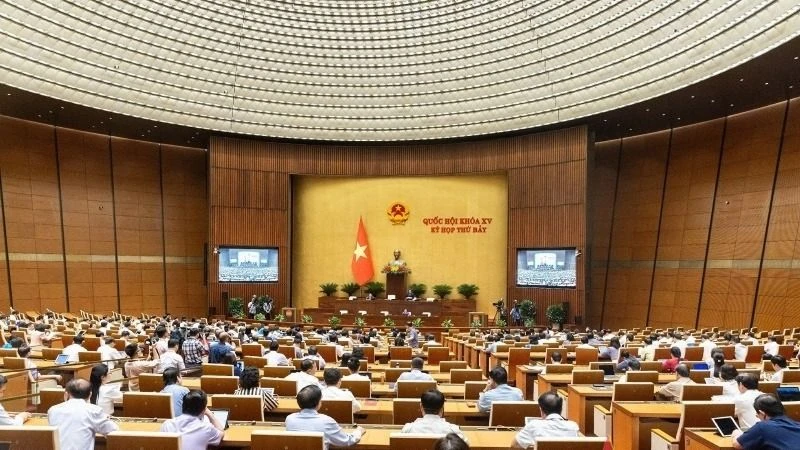
And after the process of absorbing the opinions at the 6th session, revising and supplementing, the draft has actually expanded the scope of accessible information, contributing to better ensuring citizens' right to access information as prescribed by the Constitution. For example, the draft stipulates that the maximum period for submitting documents to historical archives is 5 years (previously 10 years), but calculated from the year the document is submitted to the current archive and applied uniformly to both paper and digital documents.
Shortening the time limit for submitting documents to historical archives contributes to better ensuring citizens’ right to access information and promoting the value of archives; limiting the loss of permanent archives and helping to preserve archives better. Not only that, this regulation also effectively helps people exercise their right to supervise the activities of state agencies.
The draft law empowers the Ministry of National Defense, the Ministry of Public Security, and the Ministry of Foreign Affairs to manage and store documents formed during operations, backup archives, archives of special value, and databases of archives of the defense, public security, and foreign affairs sectors, but must annually compile a list of permanent archives and documents under their management and update them, and send them to the Ministry of Home Affairs. This provision contributes to filling the information gap in a number of important areas of social management. In addition, the draft stipulates that the heads of agencies, organizations, and historical archives are responsible for publicizing the list of archives and documents on the electronic information portal, electronic information page, and publishing archives under their management authority.
It can be seen that the draft clearly defines the requirements for subjects who are obliged to proactively provide available information on a regular basis, even without a request from the people, also contributing to ensuring the right to seek information - one of the contents of the right to access information.
ANH THU
Source: https://www.sggp.org.vn/phat-huy-hieu-qua-bo-nho-cua-dan-toc-post741497.html



![[Photo] "Beauties" participate in the parade rehearsal at Bien Hoa airport](https://vstatic.vietnam.vn/vietnam/resource/IMAGE/2025/4/11/155502af3384431e918de0e2e585d13a)


![[Photo] Looking back at the impressive moments of the Vietnamese rescue team in Myanmar](https://vstatic.vietnam.vn/vietnam/resource/IMAGE/2025/4/11/5623ca902a934e19b604c718265249d0)







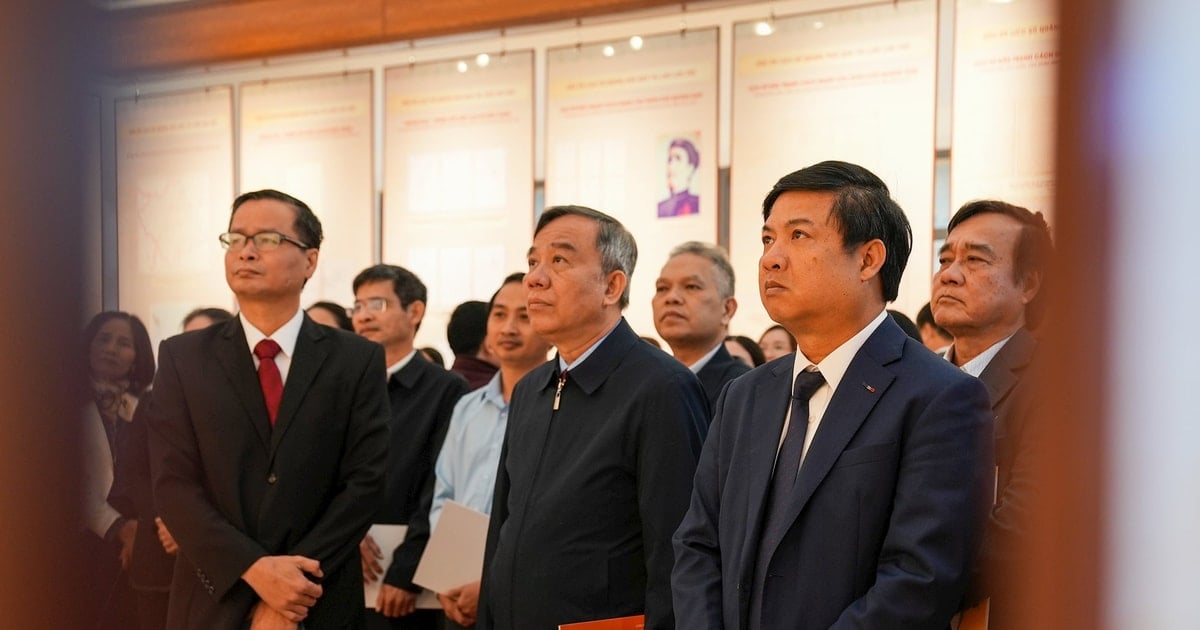






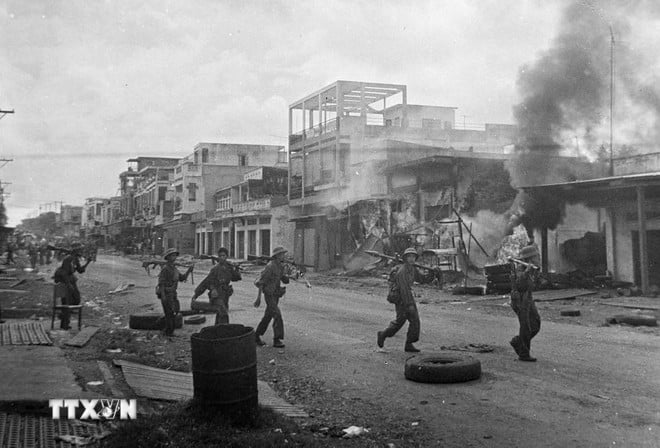










![[Photo] Summary of parade practice in preparation for the April 30th celebration](https://vstatic.vietnam.vn/vietnam/resource/IMAGE/2025/4/11/78cfee0f2cc045b387ff1a4362b5950f)










































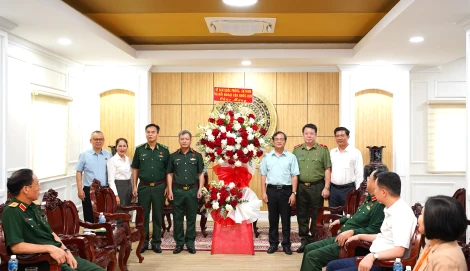





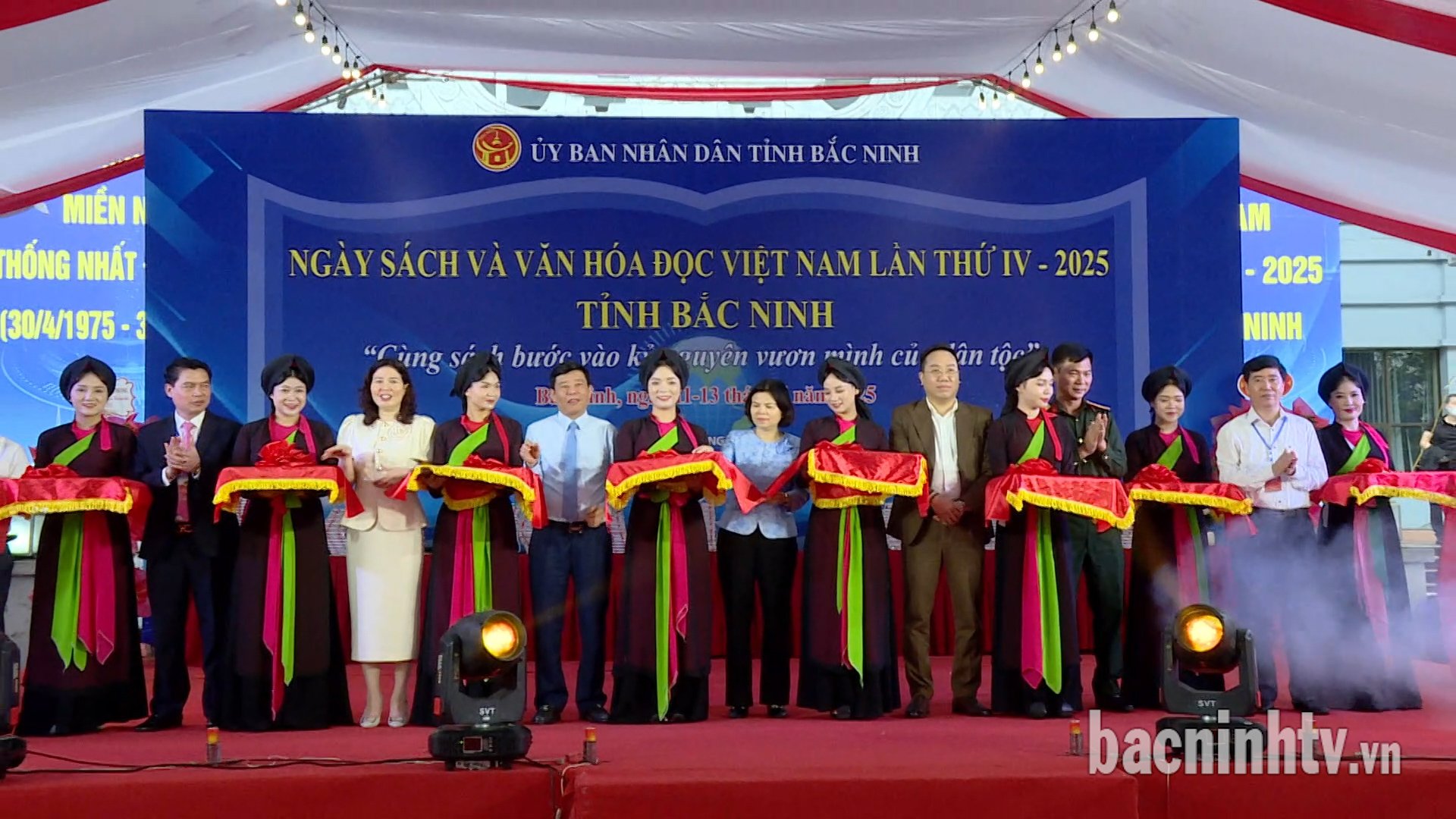











Comment (0)